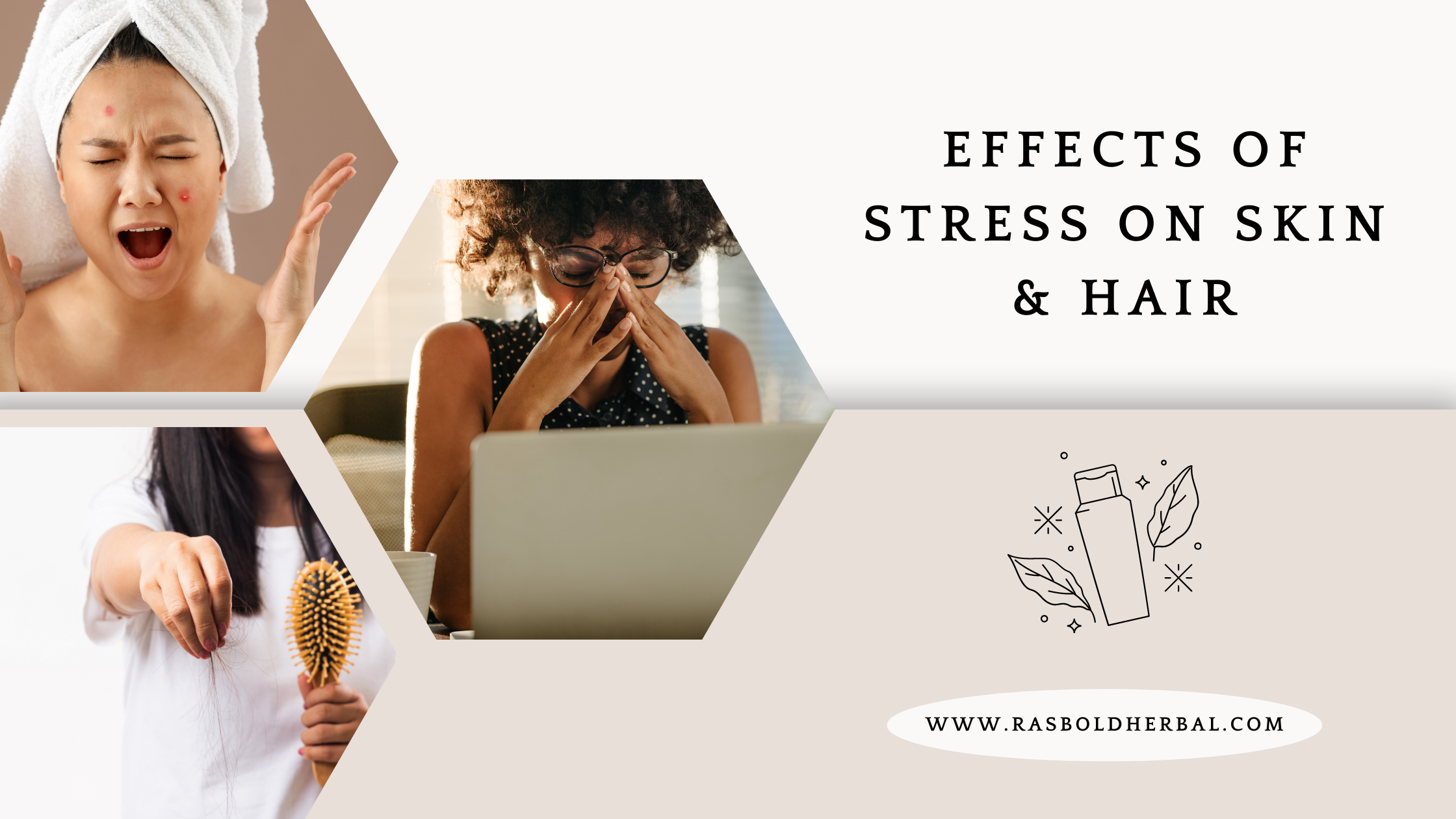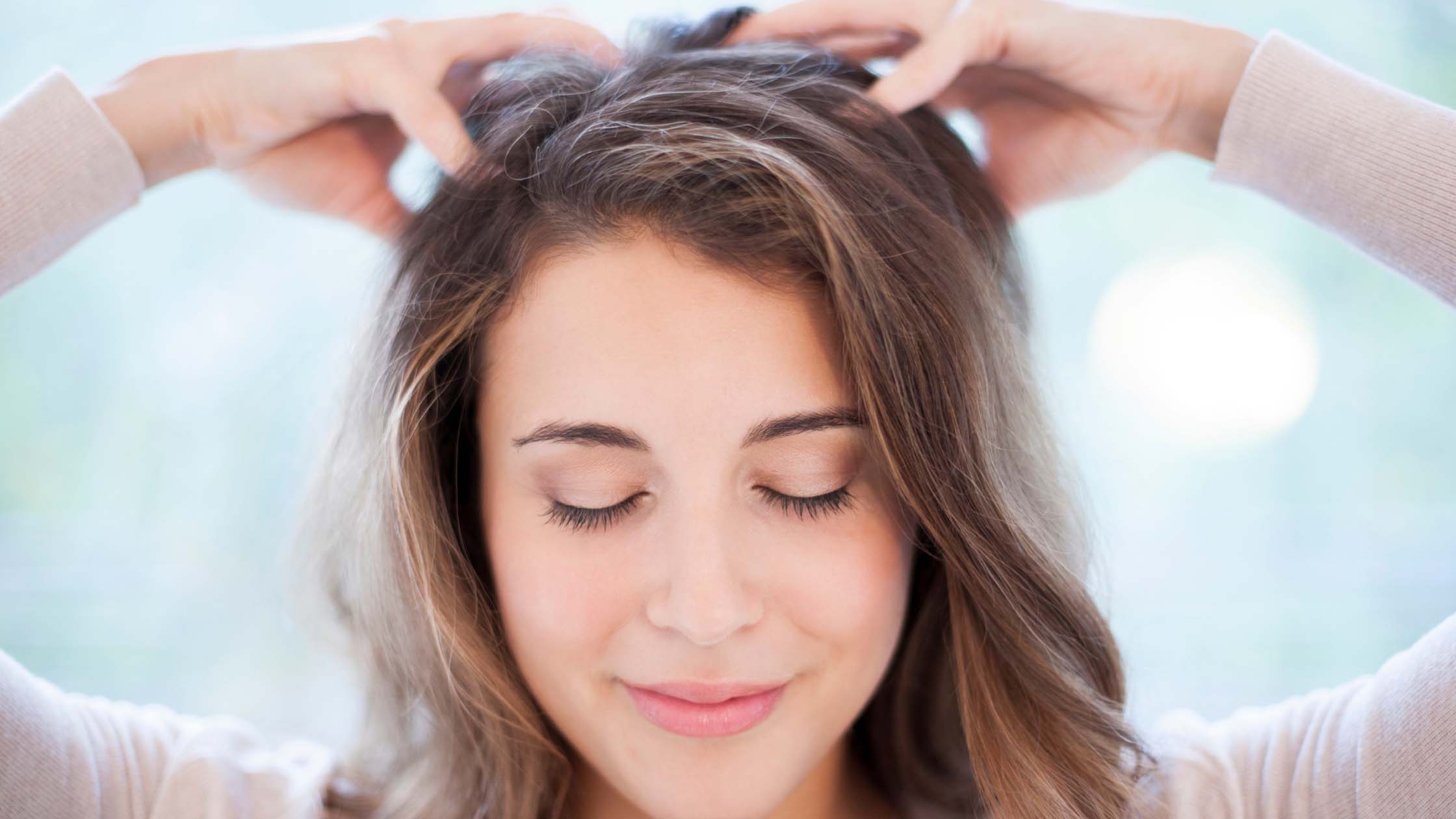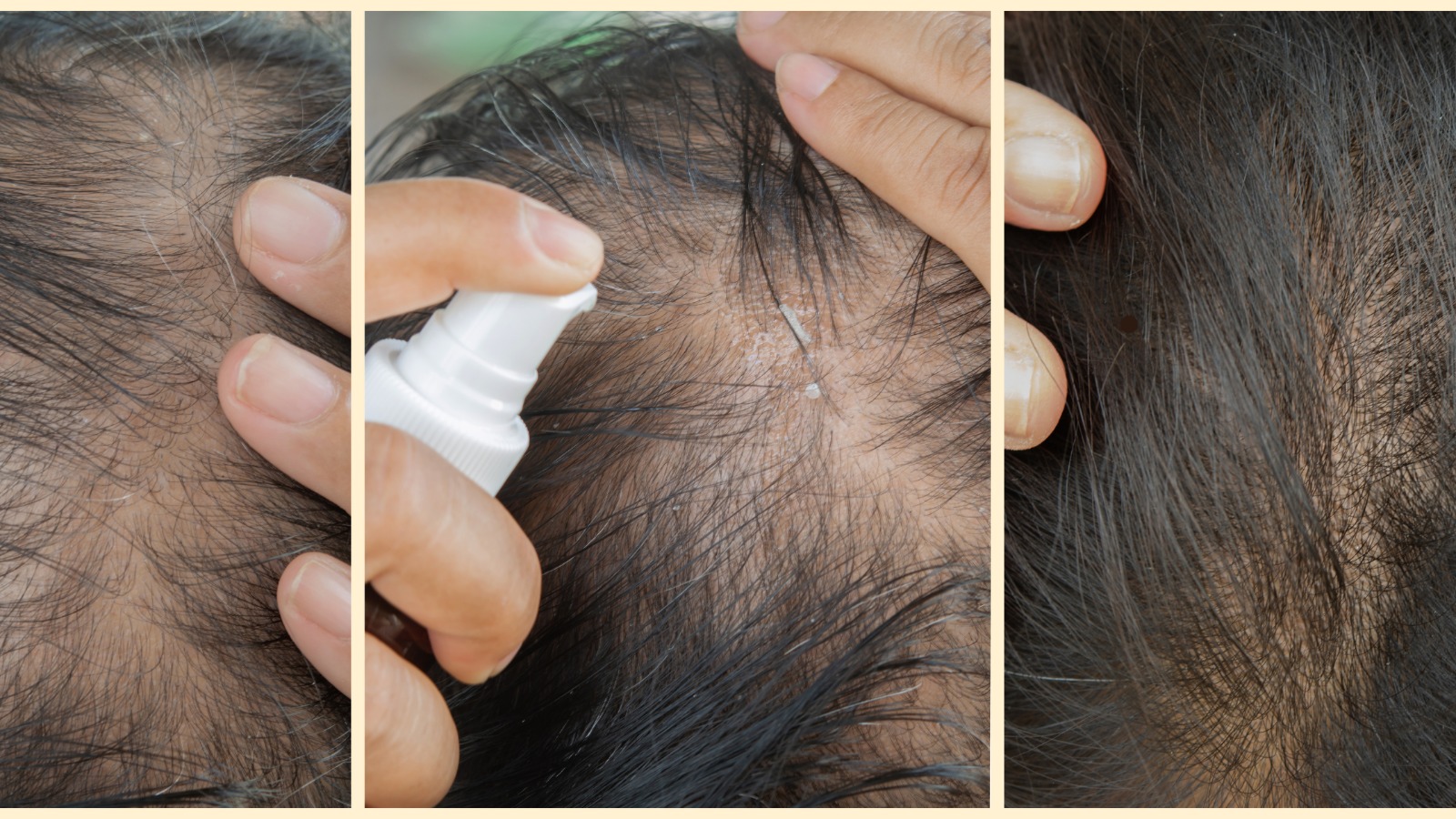
The Secret Power of Beauty Sleep for Your Inner Glow
Introduction: In our fast-paced lives, finding time for self-care can be challenging. Yet, one of the most effective and effortless ways to enhance your natural

Stress has become an integral part of our fast-paced lives, and its impact on our overall well-being is undeniable. Apart from affecting our mental and physical health, stress can also wreak havoc on our skin and hair. In this article, we will explore the effects of stress on our skin and hair, and delve into effective Ayurvedic techniques for managing and mitigating these effects. By understanding the relationship between stress and beauty, we can empower ourselves with holistic solutions to achieve radiant skin and lustrous hair.
Stress triggers a cascade of hormonal responses in our bodies, leading to several adverse effects on the skin. Some common effects include:
Similar to the skin, stress can impact the health and appearance of our hair in various ways:
Ayurveda, the ancient Indian system of medicine, offers a holistic approach to managing stress and its effects on the skin and hair. Here are some Ayurvedic techniques to consider:
Conclusion:
Stress can take a toll on our skin and hair

Introduction: In our fast-paced lives, finding time for self-care can be challenging. Yet, one of the most effective and effortless ways to enhance your natural

Introduction: In the pursuit of luscious locks and healthy hair, many of us explore various treatments and remedies. One such method that has garnered significant

Introduction: Your wedding day is one of the most memorable days of your life, and every bride deserves to look and feel her absolute best.

Introduction: Bald spots can be a source of concern for many, impacting self-esteem and confidence. While various factors contribute to hair loss, including genetics, stress,

Introduction: Working out is great for your body and mind, but it can also take a toll on your skin if you don’t follow the